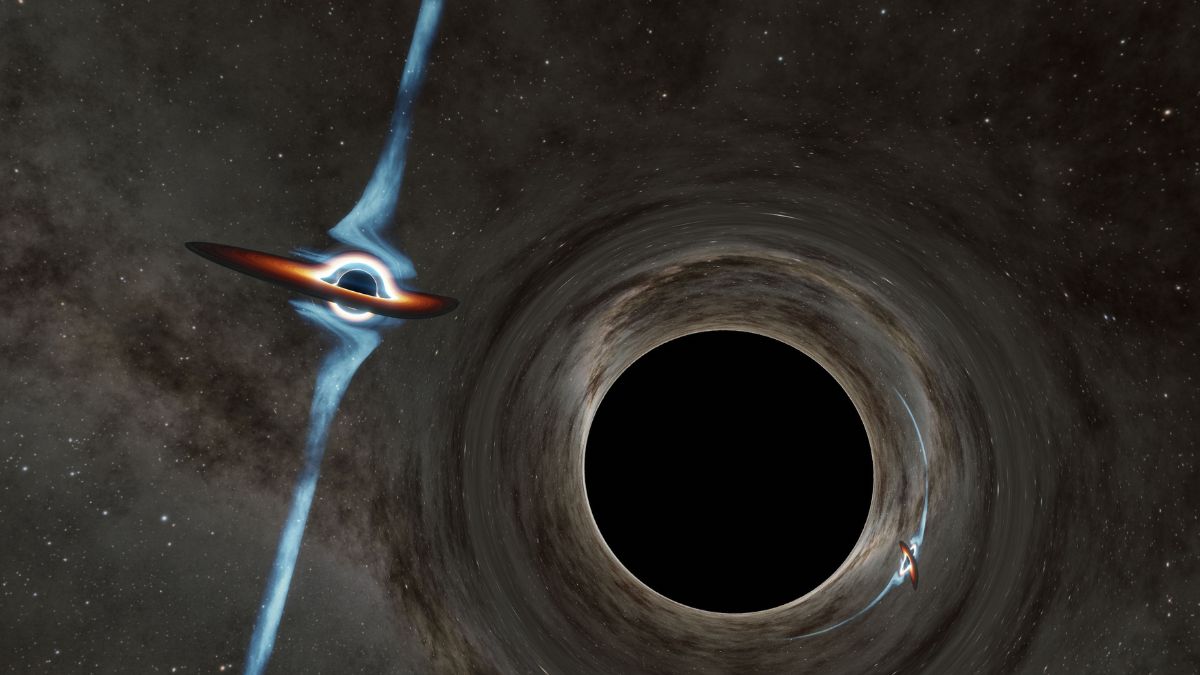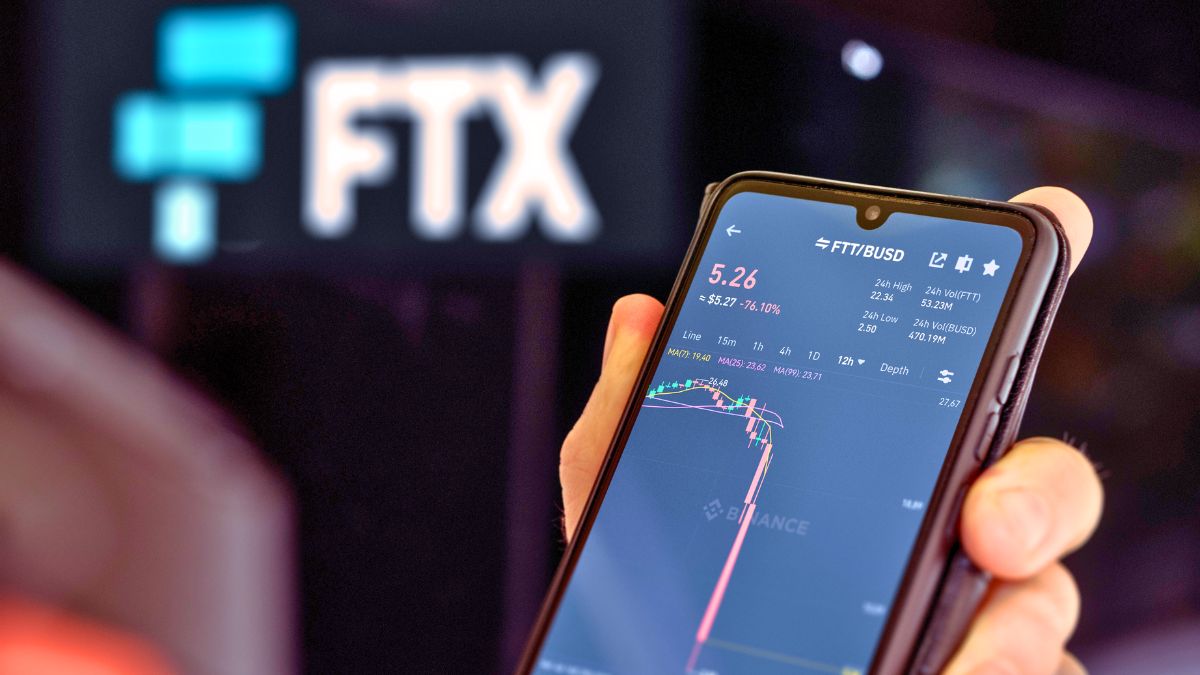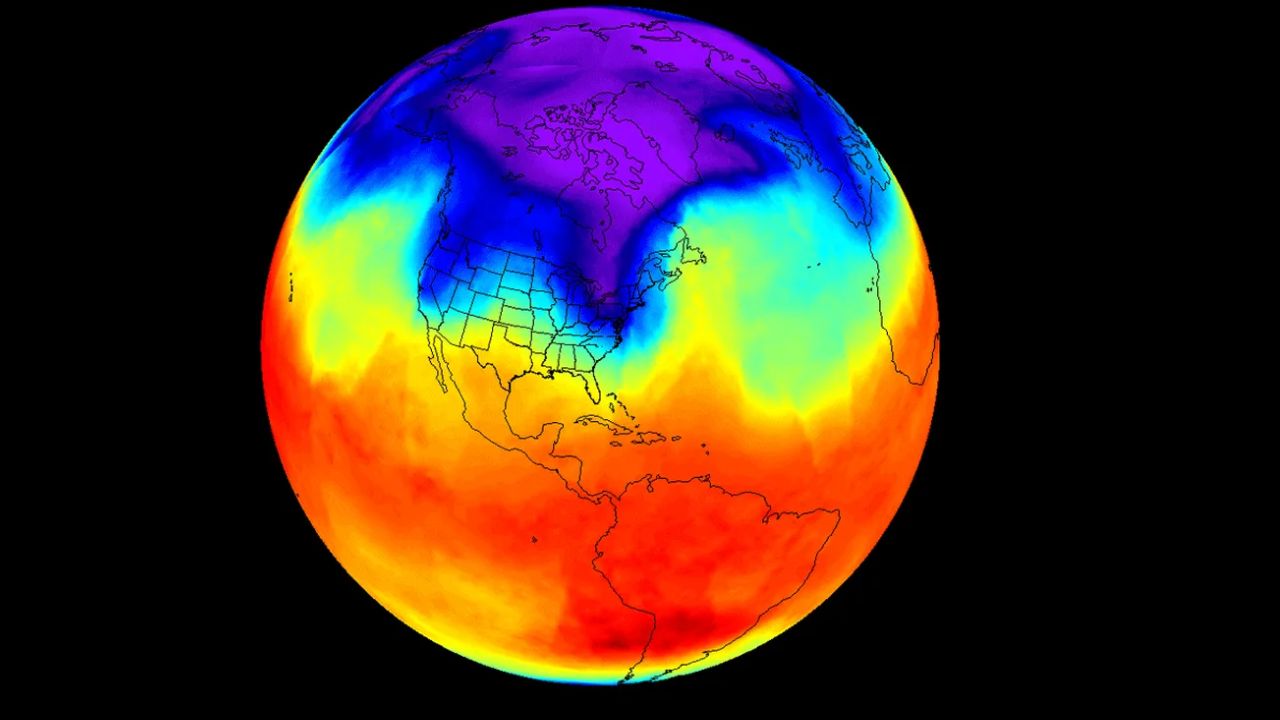For years, black holes were believed to be mysterious but strangely calm entities—cosmic vacuums that silently suck in everything around them. But what if that calmness is an illusion? Enter the firewall paradox—a wild idea that suggests the edge of a black hole might be more like a blazing wall of destruction than a quiet space of no return. Sounds intense? It is. And now, recent research hints that this might actually be real.
Let’s break it down so anyone can understand what’s happening at the edge of these space monsters.
Firewall
The firewall paradox challenges one of the most long-standing beliefs in astrophysics. According to Einstein’s general relativity, if you fell into a black hole, you wouldn’t notice much at first. You’d simply pass the event horizon—the black hole’s point of no return—and keep falling deeper due to gravity. Smooth and quiet, right?
But the firewall paradox flips that idea on its head. It suggests that the event horizon isn’t smooth at all. Instead, it’s a raging wall of high-energy radiation that burns anything to bits the second it touches the boundary. No peaceful crossing. No quiet fall. Just complete destruction.
Conflict
So, where does this theory come from? It all boils down to a fight between two of physics’ biggest heavyweights: general relativity and quantum mechanics.
- General relativity says black holes are smooth at the edge and that you can fall in without much trouble.
- Quantum mechanics says information can never be lost, not even if it falls into a black hole.
The problem? If black holes destroy everything (as the firewall theory suggests), then that information is lost forever. That breaks quantum rules. But if information isn’t destroyed, then we have to rethink what black holes really are.
The firewall paradox says you can’t have it both ways. Either relativity is wrong, or quantum mechanics is. Ouch.
Evidence
For a long time, many physicists thought the firewall paradox was just a thought experiment—a weird possibility with no solid proof. But that just changed.
A new paper published on arXiv, the go-to site for new scientific ideas, claims that firewalls might not just be possible—they might be unavoidable. The authors used deep mathematics and concepts from quantum information theory to show that if quantum mechanics is correct, then the event horizon must be a firewall.
In short: firewalls are no longer just a “maybe.” They could be the only explanation that keeps the laws of physics from falling apart.
Impact
So, what does this mean for science? A lot.
This discovery forces physicists to ask some huge, game-changing questions:
- Where does all that firewall energy come from?
- What exactly happens to matter and light that touches it?
- Can this paradox help us finally combine general relativity and quantum physics into a single theory of everything?
And perhaps most importantly: If this is true, our knowing of black holes needs a complete overhaul.
Future
The firewall paradox was first proposed in 2012, and back then, it was met with a mix of curiosity and skepticism. Now, with real mathematical backing, scientists are ready to take it seriously.
What’s next? Researchers plan to keep studying black holes using tools like:
- Advanced quantum simulations
- Space telescopes
- Gravitational wave observatories
With every new bit of data, they hope to get closer to the truth. Whether firewalls really exist or not, one thing is clear: black holes aren’t done surprising us.
FAQs
What is the firewall paradox?
It’s the idea that black holes have a wall of energy at the edge.
Is the event horizon smooth?
Relativity says yes, but the paradox says no—it’s a firewall.
What happens at a black hole’s edge?
If firewalls are real, matter is instantly destroyed.
Why do theories clash?
Quantum and relativity disagree on what happens to info.
Is there new proof of firewalls?
Yes, recent studies show firewalls might be unavoidable.



















